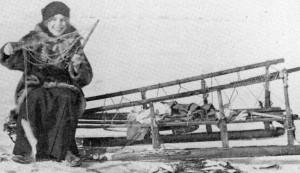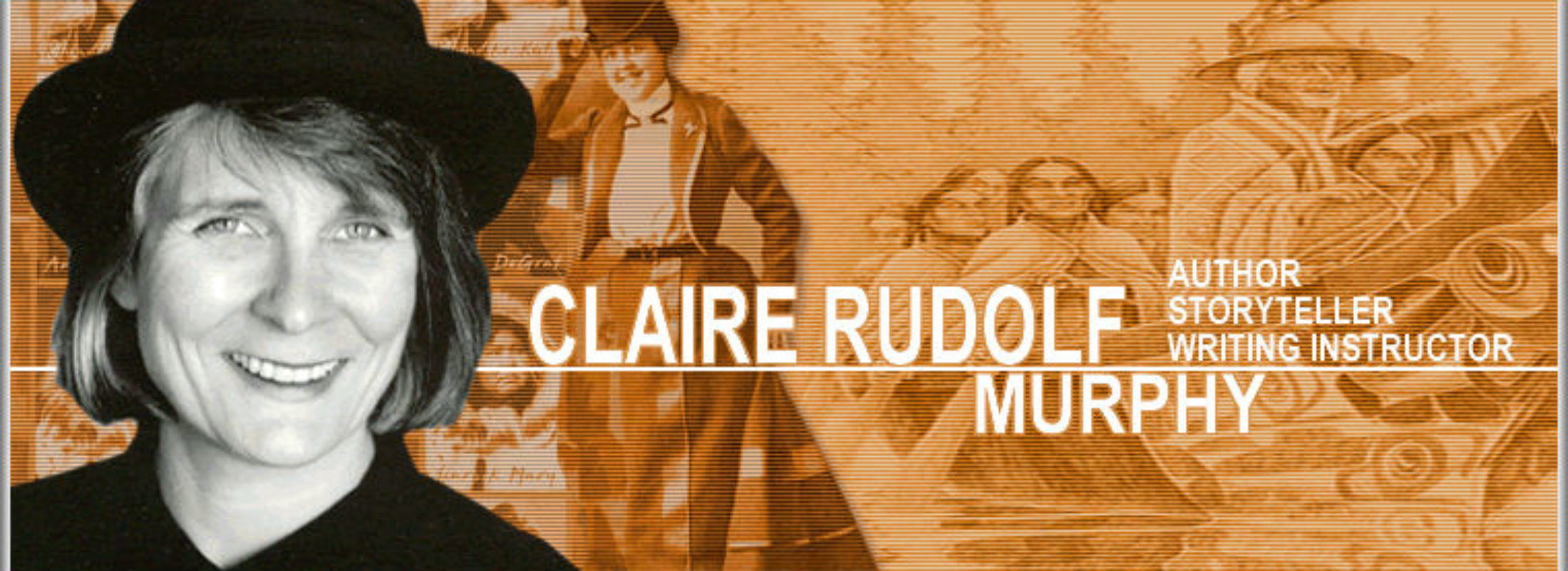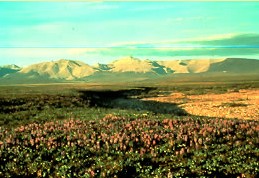
Author’s Notes
A real girl named Klondy lived in Ophir Creek, Alaska, one hundred years ago. Her father was a miner who never struck it rich. He did love gold more than anything. You can read more about Klondy Nelson Dufresne on pages 96-98 of Gold Rush Women. She is also profiled in Children of the Gold Rush in a section titled Klondy Nelson: Life Without Papa (click to read an excerpt), on pages 58-68. This story contains information about gold rush life in Nome as well as Klondy’s childhood tales.
Klondy’s father left for the Klondike gold rush in 1897, soon after Klondy was born. His wife Alma, a Swedish immigrant, had only lived in America for eighteen months when Mr. Nelson went North.
After the Klondike, Klondy’s father went to mine at Ophir Creek, where Klondy and her mother joined him. The miners tried to make Klondy feel at home. During that time herders raised reindeer near Ophir Creek. The miners hired one of the herders to play Santa for Klondy that first Christmas.
Later Klondy’s father mined enough gold to buy them a home in Nome. Klondy and her little brother Ophir had fond memories of growing up together in Nome. Klondy raced dogs, learned to play the violin, and went ice fishing with the Inupiaq Eskimos.
Klondy became a professional violinist when she grew up. Later she got married and lived in Alaska with her husband and four children. She wrote a book about her childhood experiences called Daughter of the Gold Rush. This is where the details for the story Gold Rush Winter came from.
Klondy’s father never stopped looking for gold and he never spent much time with his family. But Klondy had a very happy life with her children.
Teacher Comment
“Wishing Klondy’s dad were able to spend more time with the family, was not only tender, but I was thinking of it from our students’ point of view. They will connect — single families, homeless shelters, or at children’s village. One hundred years won’t make a difference for them.
— Librarian Beth Dane, Winton Elementary
Excerpt from the Book
Note: Klondy Nelson is also featured in Claire’s easy reader chapter book Gold Rush Winter.
Chapter VI
Klondy Nelson: Life Without Papa
When Klondy Nelson was born in 1897, her father had insisted on naming her after the Klondike, the newest gold strike in the North. Two weeks later, he left South Dakota for that very gold rush. Klondy and her mama had not seen him since. Klondy’s mama had come over from Sweden only the year before and could barely speak English.
When Klondy was five years old, she and her mama traveled thousands of miles to join her papa in Alaska. The arctic air was chilly when they arrived in Nome in October 1902 on the last boat of the season. Hundreds of people were milling around the beach, gathering their supplies or panning for gold. But not her papa. He was at his claim sixty miles away in Ophir Creek, and had sent his partner, Blueberry Pete, to meet them.
After a long trip by horse drawn coach and dog sled, Klondy finally found Papa. He was a big dark man in a long fur coat standing in front of a tiny cabin buried under the snow. Their new home was just big enough for a double bunk for her parents, a small bunk for Klondy, a woodstove, a tiny table, one chair, and a few shelves made of packing crates. The whole place was smaller than her bedroom back in Blacktail Gulch.
Even though she had no playmates, Klondy discovered many things to do in Ophir Creek. She watched the reindeer herders in the nearby hills. She helped her mother make caribou and rabbit stew. She played with the new rag doll her mama made out of one of her papa’s old socks. But she longed to spend time with her papa, who worked long hours on his mining claim. Many nights he did not get home until Klondy was already asleep.
When December came, the temperature fell to fifty degrees below zero. It was too cold to play outside, even with the warmest fur parka. Plus, it was dark almost all of the time, with only a few hours of dim twilight around noon. So Klondy and her mama spent their time indoors, planning a traditional Swedish Christmas. They made cranberry and popcorn chains and Swedish cookies for the Christmas tree at the miners’ bunkhouse.
On Christmas Eve, when Klondy entered the bunkhouse in her pretty red dress and her hair in ringlets, some of the miners began to cry. Missing their own children far away, they showered her with presents of gold nuggets. Her papa made her a tiny dollhouse from a syrup tin.
After a long winter of work, Klondy’s papa found little gold in his sluice box. So the next winter the family moved to the nearby town of Council, where they bought a store and her papa quit prospecting — for a while. Klondy had other children to play with, a school to attend, and a new baby brother named Ophir. Although Council was just a small mining settlement, a German professor lived there who gave Klondy violin lessons.
But Klondy’s papa was not a successful shopkeeper and took up prospecting again. He set out for Nome with Blueberry Pete and staked the Solo mine on the newly discovered Third Beach. There he finally struck it rich and bought the family a beautiful white house in Nome.
Just when things seemed to be looking up for Klondy and her family, her papa invested all the money in more mining equipment and set off looking for gold further North. Klondy’s mama took in boarders to support the children.
Klondy had planned to go to Seattle to study the violin after high school graduation. But since her father had taken all their money, Blueberry Pete helped organize a benefit concert to raise money for her trip. Following Mama’s death a few years later, once again Blueberry Pete found money for Ophir to join her in Seattle.
After her studies, Klondy worked as a musician. Hurt by her papa’s neglect, she swore she would never return to Alaska. But that was before she fell in love and married wildlife biologist Frank Dufresne, a man she had met mushing dogs in Nome. They moved to Fairbanks, and Frank became Alaska’s first fish and game warden. Klondy and their children traveled with him as he worked around the huge state. Years later, on one of these trips, Klondy ran into her papa far up on the Yukon, still prospecting, still crazed for gold.
Klondy never had a father she could depend on. She had to make her own dreams come true. But even though her childhood was difficult, she worked hard to make a happy life with her husband and children. When her children were grown, Klondy wrote a book about her Alaskan childhood.

